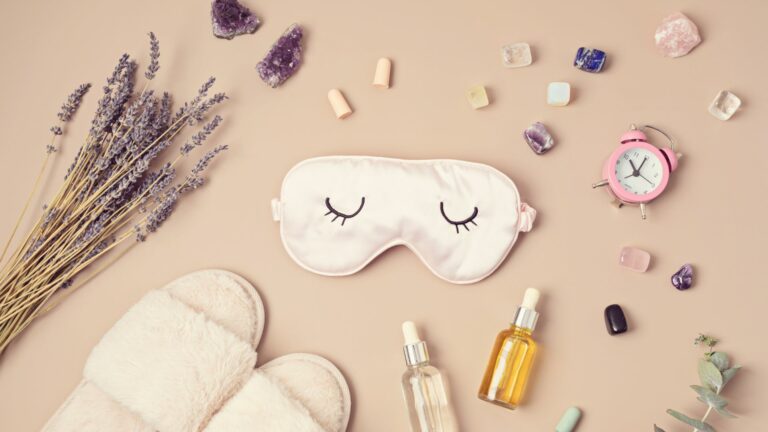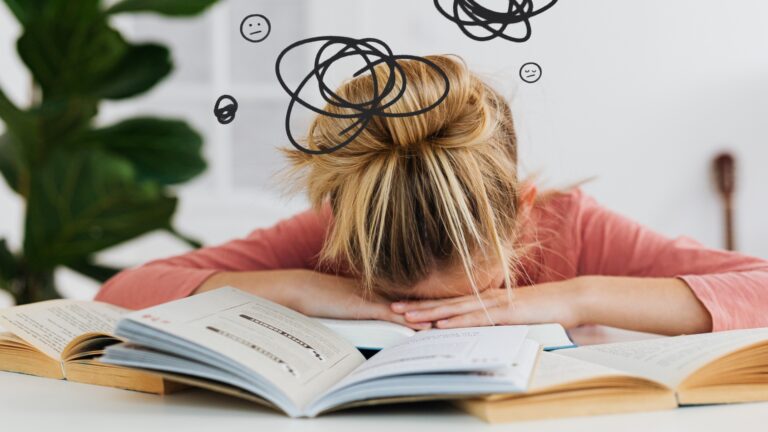Autism and sleep issues
Getting a good night’s sleep can be difficult, especially if you’re autistic. Sleep problems are common in autistic young people, and they can affect your mood, energy, and focus during the day. If you often struggle to fall asleep, wake up during the night, or feel tired even after sleeping, you’re not alone.
Why is sleep difficult for young people with autism?
Many autistic people experience sleep issues for different reasons. Here are some of the most common:
Differences in Melatonin Production
Melatonin is the hormone that helps your body know when it’s time to sleep. Some autistic people produce melatonin at different times or in different amounts, making it harder to fall asleep
Routine Changes
Many autistic people prefer routine, and changes (like school, university, or work schedules) can disrupt sleep patterns.
Sensory Sensitivities
Light, noise, textures, and temperature can all impact sleep. If your room is too bright, noisy, or uncomfortable, it may be difficult to relax.
Hyperfocus and Late-Night Energy
If you get really absorbed in an interest or activity, you might not feel tired until very late.
Anxiety and Overthinking
If your mind is busy thinking about the day or worrying about things, falling asleep can feel impossible.

Why Sleep Matters
Poor sleep can have a big impact on your daily life. When you don’t get enough rest, you might:
- Feel more overwhelmed or anxious
- Struggle with focus and memory
- Have low energy and motivation
- Feel more sensitive to sensory input
- Find it harder to manage emotions
On the other hand, good sleep can help you feel more balanced, focused, and ready to take on the day.
How to improve your sleep
Everyone’s brain and body are different, so what works for one person may not work for another. Here are some tips to help you find what works best for you:

Get to sleep early and set a right time to go to bed, so you can rest your body and your mind.
Troy
1. Create a Sleep-Friendly Environment
- Reduce Light – Use blackout curtains or a sleep mask if light bothers you. Try dimming lights an hour before bed.
- Control Sound – If noise is a problem, try earplugs, a white noise machine, or calming music.
- Find Comfortable Bedding – Soft, weighted, or breathable blankets might help. Experiment with different pillow textures and firmness levels.
- Adjust Temperature – A cooler room can help sleep, but make sure you’re comfortable with your blanket and pyjamas.

2. Stick to a routine
- Try to go to bed and wake up at the same time every day, even on weekends.
- Create a relaxing bedtime routine, like reading, listening to calming music, or doing light stretches.
- Avoid naps during the day if they make it harder to sleep at night.

3. Manage screen time
- Blue light from phones, tablets, and laptops can make it harder to fall asleep. Try turning off screens 30–60 minutes before bed.
- If you need to use screens, try “night mode” settings to reduce blue light.

4. Calm your mind
- If your thoughts keep you awake, try writing them down before bed.
- Use relaxation techniques like deep breathing, guided meditation, or listening to calming sounds.
- If anxiety is a big problem, talking to someone you trust or using a mental health app might help.


5. Be mindful of food & drink
- Avoid caffeine (found in coffee, tea, chocolate, and energy drinks) in the afternoon and evening.
- Try not to eat a large meal right before bed, but don’t go to bed hungry either. A light snack might help if you’re feeling peckish.
6. Use movement when you can
- Regular physical activity during the day can help with sleep, but avoid intense exercise right before bed.
- Stretching or gentle movement in the evening can help your body relax.


7. Try helpful sleed aids
- Some autistic people find weighted blankets, lavender sprays, or white noise machines helpful.
- If sleep problems are severe, speak to a doctor about safe options.
When to ask for help
If you’ve tried different strategies and still struggle with sleep, you might want to talk to someone about it. A doctor, occupational therapist, or sleep specialist may be able to help. If sleep issues are affecting your mental health, a therapist or support group could also be helpful. Always reach out at any point you feel necessary – never wait for anything to get worse before you seek help.
Final thoughts...
Sleep is important, but it’s okay if it takes time to find what works for you. Experiment with different strategies, and don’t be hard on yourself if things don’t improve overnight.
Small changes can make a big difference, and the more you learn about your own sleep patterns, the better you’ll be able to manage them.
Resources
Some extra info you might find useful…
Activities
We have a lovely range of activities that might help. Choose something creative, mindful, self-care focused & more to help with any sleep issues and to help relax your body & mind.
Sleep & Calming Apps
Check out the Google Play or Apple store for some helpful calming music and sleep aid apps that might help
Other stories you might like




